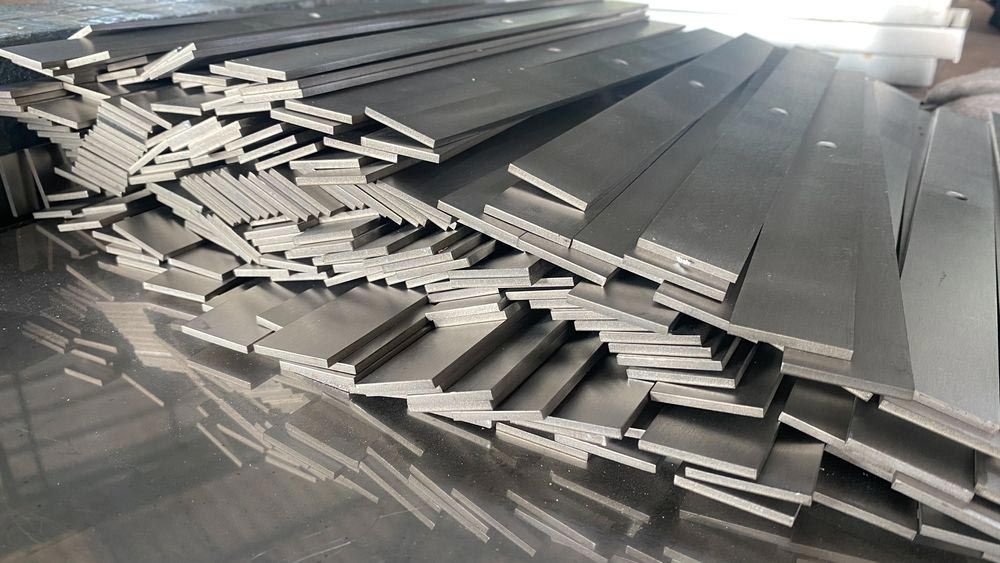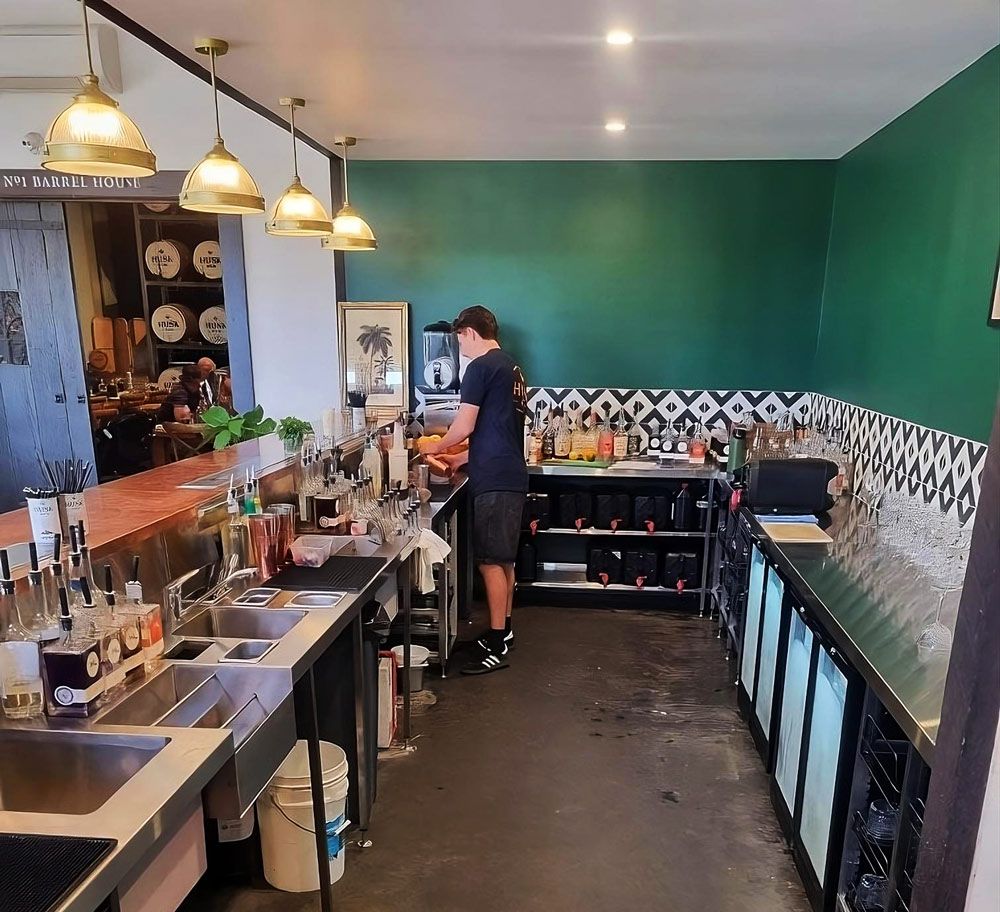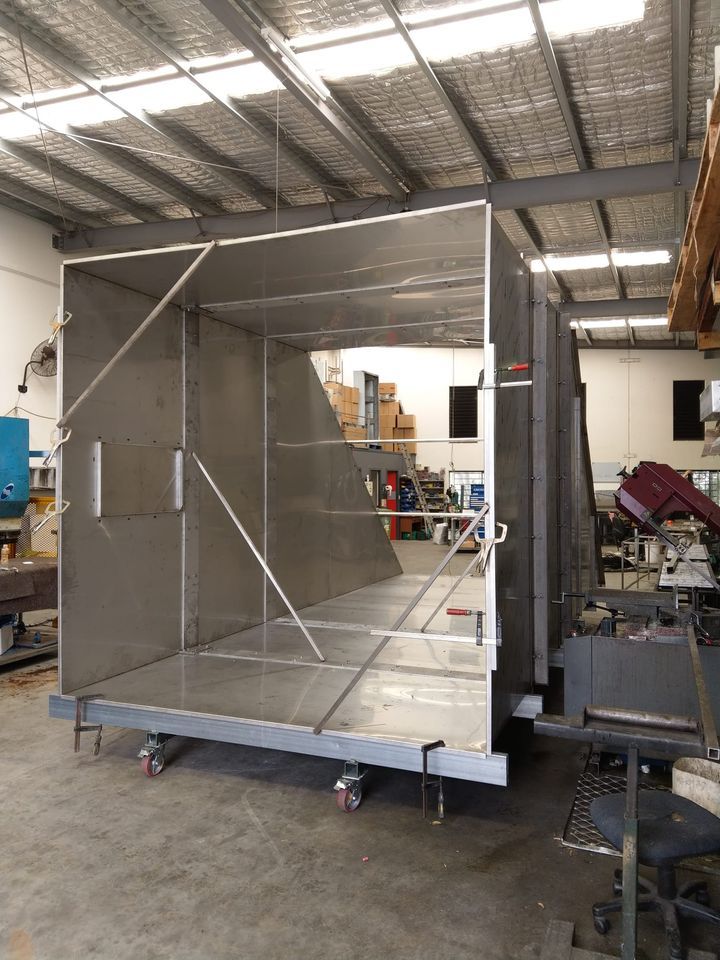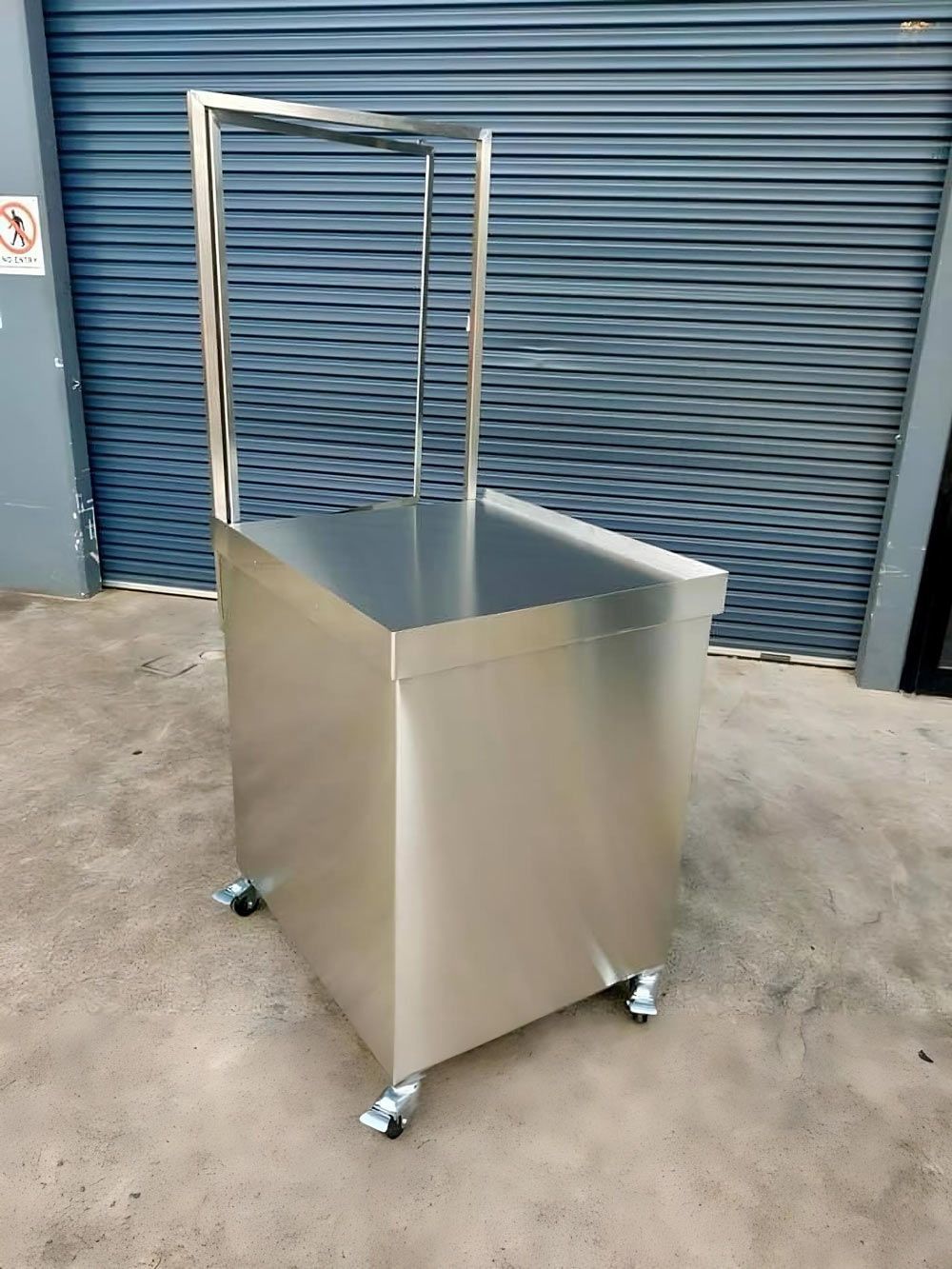Does Stainless Steel Rust?
When it comes to stainless steel, one of the most common misconceptions is that it's entirely immune to rust. So, does stainless steel rust? The short answer is yes, it can. However, the conditions under which stainless steel rusts are specific and not as common as with other metals. In this article, we uncover the truth about stainless steel rusting and explain how you can prevent it from happening.
What Causes Stainless Steel to Rust?
Stainless steel is an alloy of iron, chromium and other elements like nickel and molybdenum. The key component that provides its resistance to rust is chromium. When exposed to oxygen, chromium forms a thin, protective layer of chromium oxide on the surface of the metal. This layer prevents oxygen and moisture from meeting the underlying iron, thus stopping the rusting process.
However, certain factors can compromise this protective layer, leading to rust on stainless steel:
- Chemical Exposure: Chlorides, found in household cleaners and saltwater, can break down the chromium oxide layer, making stainless steel susceptible to rust.
- Mechanical Damage: Scratches or abrasions can penetrate the protective layer, allowing moisture and oxygen to reach the iron underneath.
- High Temperatures: Prolonged exposure to extreme heat can cause chromium to form an unstable oxide layer, making stainless steel vulnerable to corrosion.
Different Grades of Stainless Steel and Their Resistance to Rust
There are numerous grades of stainless steel, each with varying levels of corrosion resistance. The two most common types are:
- Austenitic Stainless Steel: This type, which includes the 304 and 316 grades, has high chromium and nickel content, making it the most resistant to rust. The 316 grade, also known as "marine grade" stainless steel, has added molybdenum for even better resistance to corrosion, particularly in chloride-rich environments.
- Ferritic Stainless Steel: This type, which includes the 430 grade, has less chromium and no nickel. While still more resistant to rust than regular steel, it is less corrosion-resistant than austenitic stainless steel.
Tips to Prevent Stainless Steel Rust
To keep your stainless-steel products looking their best and rust-free, follow these simple tips:
- Regular Cleaning: Use a mild detergent and warm water to clean stainless steel surfaces, followed by a thorough rinse with clean water. Avoid using abrasive cleaning tools or harsh chemicals that could damage the chromium oxide layer.
- Rinse off Saltwater: If you live in a coastal area or use stainless steel products near saltwater, rinse them with fresh water regularly to remove any salt residue.
- Avoid Extreme Heat: Keep stainless steel products away from high heat sources, such as direct sunlight or open flames, to maintain the integrity of the protective oxide layer.
In conclusion, stainless steel is not entirely rust-proof, but it does have a high resistance to corrosion when compared to other metals. By understanding the factors that can cause rust on stainless steel and taking the necessary precautions, you can maintain the appearance and integrity of your stainless-steel products for years to come.
If you're looking for high-quality, corrosion-resistant stainless steel solutions for your home or business, look no further than Sheetmetal Improvements & Design. Our team of experts is ready to help you choose the right stainless steel products to suit your needs. Get in touch with us today, and let's make your next project a success!








